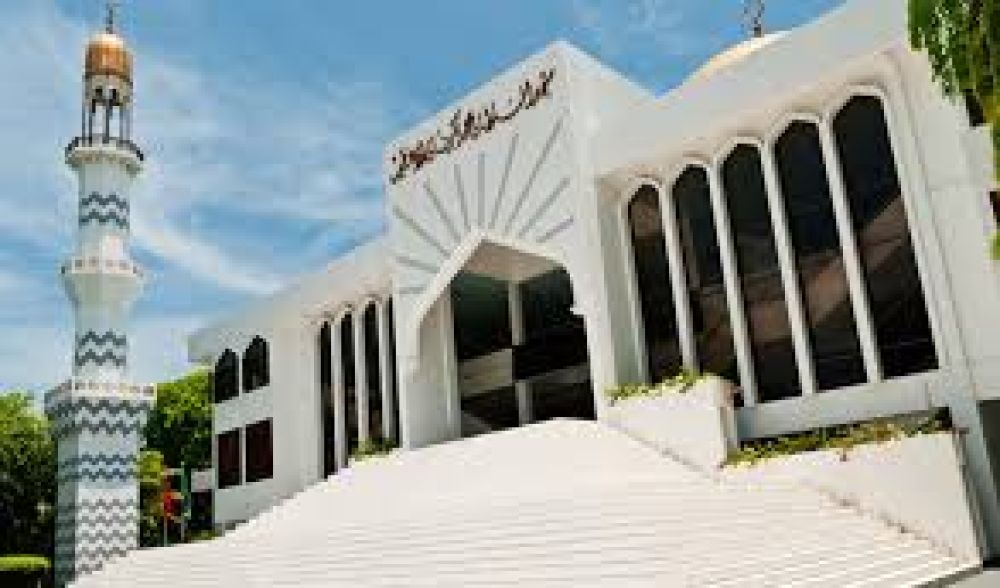

The Islamic Centre is arguably one of the most majestic structures and a major landmark in Malé, the capital of the Maldives. Officially opened in 1984, the centre is an architectural testament to the Islamic heritage of the nation. It includes the Grand Friday Mosque, also known as Masjid-al-Sultan Muhammad Thakurufaanu Al Auzam, which is the largest in the Maldives, accommodating more than 5,000 worshippers.
The Islamic Centre is famed for its stunning architecture which combines traditional Maldivian and Islamic designs. The mosque’s golden dome can be seen from all over Malé and is a symbol of the city. Inside, elaborate woodcarvings and Arabic calligraphy adorn the walls, showcasing the skilled craftsmanship of local artisans.
While the centre operates primarily as a place of worship, it also serves as a cultural hub with its library and conference hall. Visitors are welcome outside prayer times, and tours are available for those interested in exploring the mosque and understanding more about Islam in the Maldives. The complex is especially captivating during prayer times when worshippers gather, reflecting the religious devotion of the country.
The history of tourism in the Maldives dates back to the 1970s, which marked the genesis of the industry in the archipelago. The early days of Maldivian tourism were spearheaded by the opening of the first resort in 1972, Kurumba Village. This pivotal moment laid the groundwork for what would become one of the world's most luxurious and sought-after tourist destinations.
The Maldives' tourism industry grew steadily over the decades, with the government playing a keen role in its development. By adopting an “island resort” concept, each resort in the Maldives is situated on its own island, providing tourists with an exclusive and serene experience. This approach has helped preserve the natural beauty and unique culture of the Maldives while fostering responsible tourism.
In recent years, sustainability and eco-tourism have become increasingly important in the Maldives. Resorts and businesses are now more focused on reducing their environmental impact and promoting conservation efforts. Moreover, there has been a rise in the popularity of local tourism where visitors stay in guesthouses on inhabited islands, providing a more authentic Maldivian experience and supporting local economies.
Experiential travel is another growing trend with tourists seeking personalized experiences, like diving tours, cultural immersion, and wellness retreats. The Maldives has adapted to these trends by offering bespoke travel options that cater to a wide array of interests.
The Maldives consistently strives to improve connectivity and accessibility, which has been instrumental in driving tourism. With the recent expansion of the Velana International Airport and an increase in global flight connections, the islands are more accessible than ever.
The Maldives, with its blend of luxury, culture, and pristine nature, remains a paragon of tropical paradise. The Islamic Centre in Malé is just one of the many cultural treasures that enhance the deep and diverse visitor experience. As the tourism industry continues to evolve, the Maldives is positioning itself as a leading destination that values sustainability and authentic travel experiences without compromising on luxury and exclusivity.